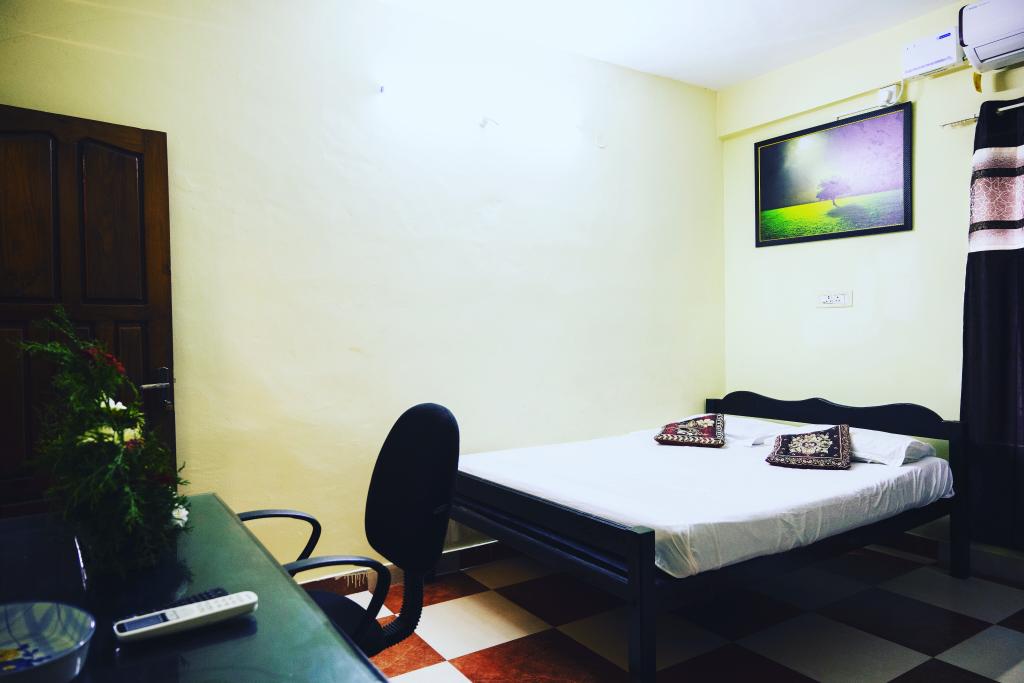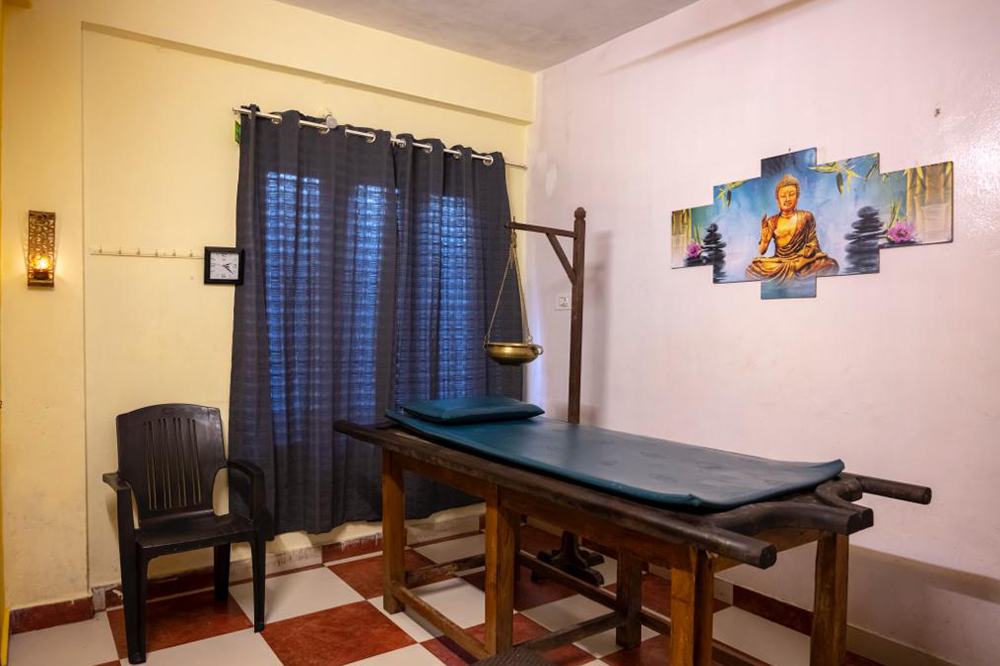Dyslipidemia, a condition characterized by abnormal levels of lipids (fats) in the blood, is a significant risk factor for cardiovascular diseases. In today's fast-paced world, where dietary indiscretions and sedentary lifestyles are rampant, dyslipidemia is becoming increasingly prevalent. While conventional medicine often relies on statins and other lipid-lowering drugs, Ayurveda offers a holistic and natural approach to managing this condition. This blog explores the Ayurvedic perspective on dyslipidemia, its causes, symptoms, and effective treatment strategies, focusing on the expertise of Elixir Ayurveda.
Understanding Dyslipidemia from an Ayurvedic Perspective
In Ayurveda, dyslipidemia is understood as an imbalance in the Medovaha Srotas, the channel responsible for fat metabolism. This imbalance is primarily attributed to an aggravation of Kapha Dosha, leading to the accumulation of Ama (toxins) in the body. The vitiated Kapha and Ama disrupt the normal functioning of Agni (digestive fire), hindering the proper metabolism of fats and resulting in elevated levels of cholesterol and triglycerides.
Key Ayurvedic Concepts Related to Dyslipidemia:
- Medovaha Srotas: The channel responsible for fat metabolism. Its imbalance leads to dyslipidemia.
- Kapha Dosha: Aggravation of Kapha is a primary cause, contributing to the accumulation of lipids.
- Ama: Undigested metabolic toxins that clog the channels and disrupt metabolism.
- Agni: Digestive fire, essential for proper metabolism. Weak Agni leads to improper fat digestion.
Causes of Dyslipidemia According to Ayurveda:
- Dietary Factors: Excessive consumption of heavy, oily, sweet, and processed foods.
- Sedentary Lifestyle: Lack of physical activity and exercise.
- Stress and Emotional Factors: Chronic stress and emotional imbalances can disrupt Dosha balance.
- Genetic Predisposition: Family history of dyslipidemia.
- Daytime Sleeping: Sleeping during the day can aggravate Kapha Dosha.
Symptoms of Dyslipidemia:
While dyslipidemia often presents without noticeable symptoms, some individuals may experience:
- Fatigue and lethargy.
- Heaviness in the body.
- Indigestion and bloating.
- Chest discomfort (in advanced cases).
- Swelling in the extremities.
Ayurvedic Treatment Strategies for Dyslipidemia with Elixir Ayurveda
Elixir Ayurveda, with its experienced practitioners, offers a comprehensive approach to managing dyslipidemia, focusing on restoring Dosha balance and improving Agni.
1. Dietary Modifications (Pathya):
- Favoring Light and Warm Foods: Incorporating foods that are easily digestible, such as barley, lentils, and green leafy vegetables.
- Reducing Heavy and Oily Foods: Limiting the intake of fried foods, red meat, dairy products, and sweets.
- Including Bitter and Astringent Tastes: These tastes help to balance Kapha and improve fat metabolism.
- Spices: Using spices like ginger, garlic, turmeric, and cinnamon to enhance digestion and reduce Ama.
2. Herbal Remedies (Dravya Guna):
- Triphala: A classic Ayurvedic formulation that helps to detoxify the body and improve digestion.
- Guggulu: Known for its lipid-lowering properties and ability to reduce cholesterol and triglycerides.
- Arjuna: A cardiac tonic that supports heart health and helps to regulate lipid levels.
- Garlic (Lasuna): Possesses potent lipid-lowering and antioxidant properties.
- Ginger (Shunti): Aids digestion and helps to reduce Ama.
- Elixir Ayurveda's Specialized Formulations: Elixir Ayurveda's expert physicians create personalized herbal formulations based on individual Prakriti (constitution) and Vikriti (imbalance).
3. Lifestyle Modifications (Vihara):
- Regular Exercise: Engaging in moderate physical activity, such as walking, yoga, and swimming, for at least 30 minutes daily.
- Yoga and Pranayama: Practicing yoga asanas like Surya Namaskar, Trikonasana, and Bhujangasana, along with pranayama techniques like Kapalabhati and Anulom Vilom, to improve circulation and reduce stress.
- Adequate Sleep: Ensuring 7-8 hours of sound sleep to maintain Dosha balance.
- Stress Management: Incorporating stress-reducing practices like meditation and mindfulness.
4. Panchakarma Therapy:
- Udwarthanam: A dry powder massage that helps to reduce excess fat and improve circulation.
- Virechana: Therapeutic purgation to eliminate accumulated Ama from the body.
- Basti: Medicated enema to balance Vata Dosha and improve metabolism.
- Elixir Ayurveda provides highly customized panchakarma treatments based on the patient's condition.
5. Personalized Consultation and Treatment:
- Elixir Ayurveda emphasizes personalized consultations with experienced Ayurvedic physicians to assess individual Prakriti and Vikriti.
- Based on the assessment, a tailored treatment plan is developed, including dietary recommendations, herbal remedies, lifestyle modifications, and Panchakarma therapies.
To learn more about personalized Ayurvedic treatment for dyslipidemia, you can contact Elixir Ayurveda today. Their team of experienced Ayurvedic physicians can provide you with a comprehensive assessment and a tailored treatment plan to help you manage your lipid levels naturally and effectively.
Conclusion:
Ayurveda offers a safe and effective approach to managing dyslipidemia by addressing the root cause of the condition. By incorporating dietary modifications, herbal remedies, lifestyle changes, and Panchakarma therapies, individuals can restore Dosha balance, improve Agni, and achieve optimal lipid levels. Elixir Ayurveda, with its commitment to authentic Ayurvedic principles, provides personalized treatment plans to help individuals achieve long-term health and well-being.


























